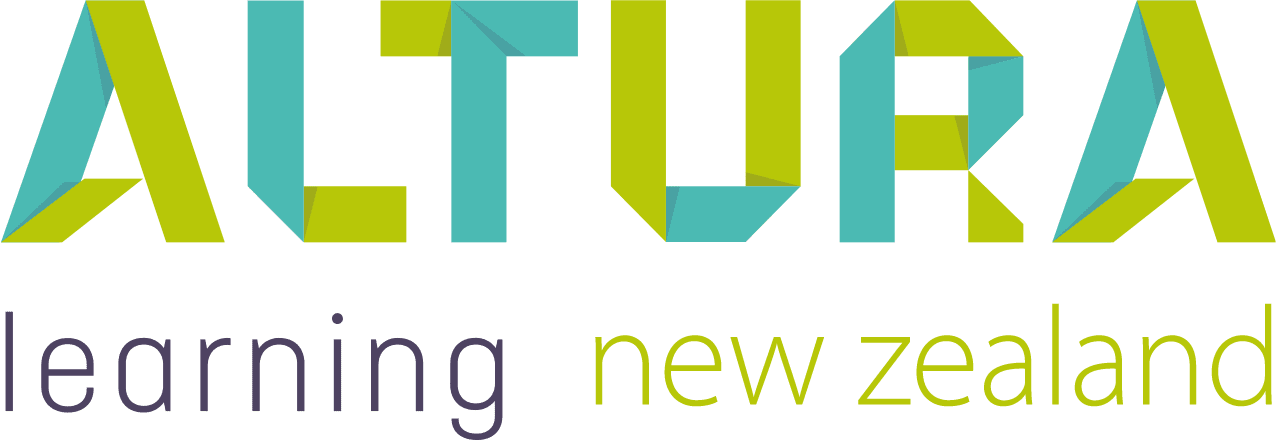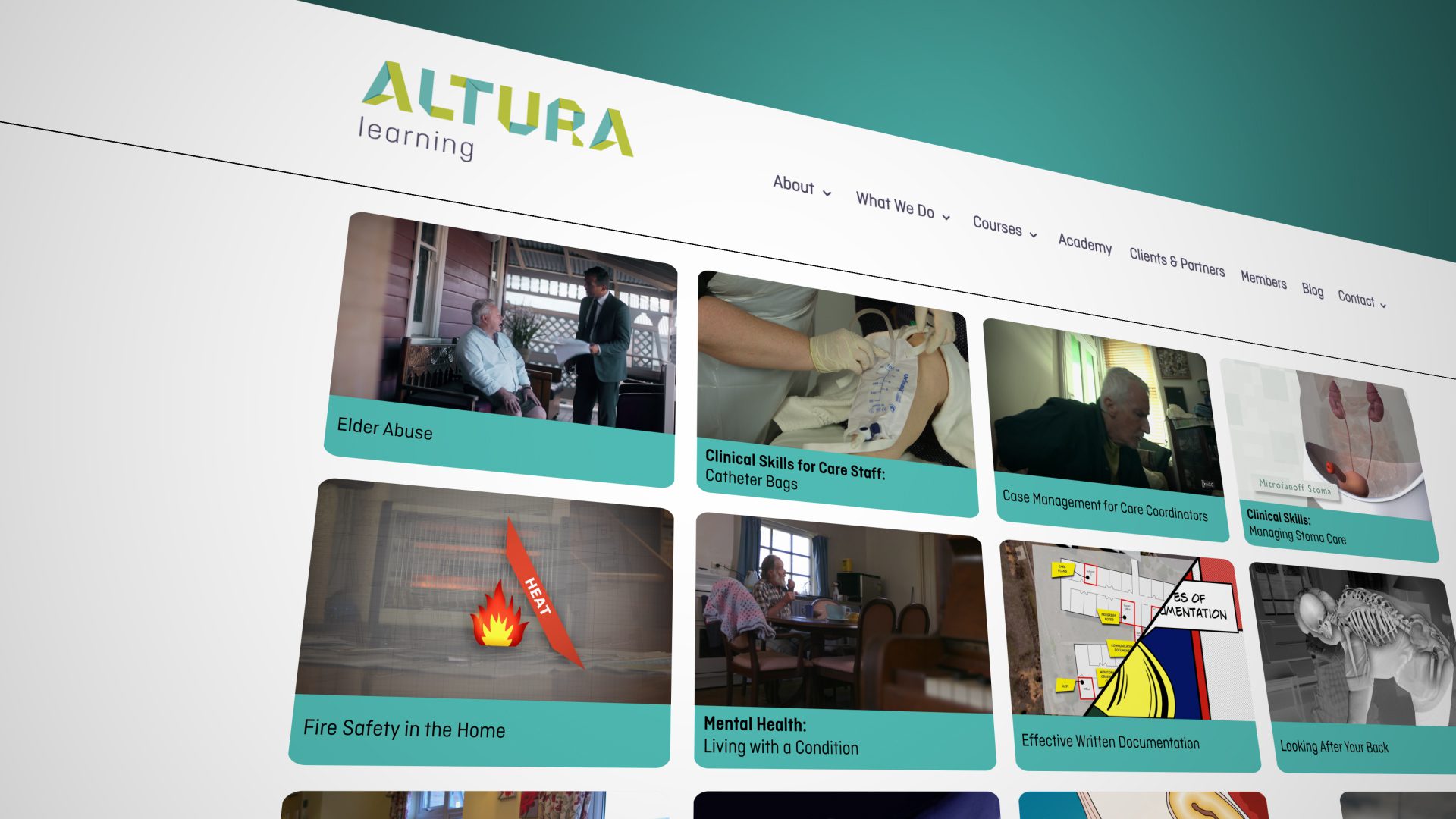Altura Blog
Documenting in a Care Environment
September 23, 2019Thorough and appropriate documentation is a fundamental requirement when delivering care or support to a person. Not only does poor documentation impact on resident care, it could also impact you personally and your organisation if your notes are examined in a court or during an inspection.





